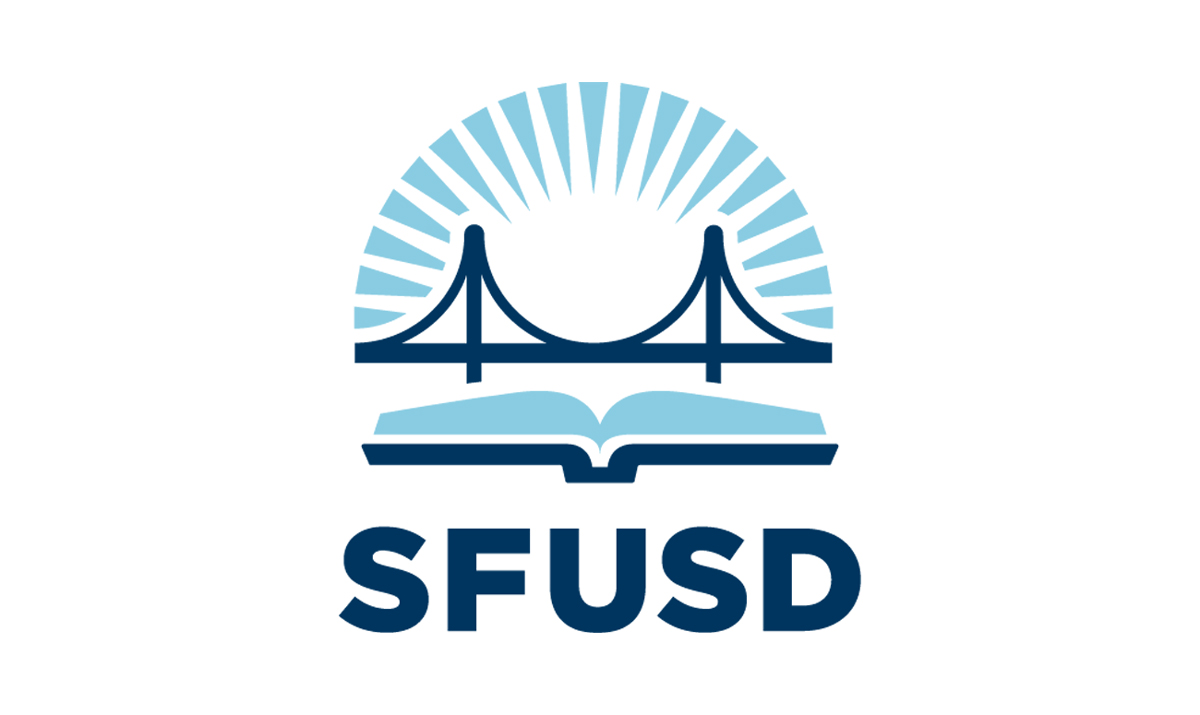
Revoke your recent resolution closing San Francisco schools for two Muslim religious observances, the Freedom From Religion Foundation is insisting to the school board.
The San Francisco Board of Education has passed a resolution to include the recognition of two Muslim holidays, Eid al-Fitr and Eid al-Adha, in the San Francisco Unified School District academic calendar. This “recognition” reportedly means that all schools will be closed and that all the district’s students will miss two days of instruction in order to observe the religious holy days. The resolution stressed the “importance” of these religious holy days and also explained that if these holy days fall on a weekend, schools and school district offices will be closed the day before or the day after the weekend, confirming that this resolution is not simply an accommodation for students’ required religious practices.
The board’s resolution appears to be well intentioned and seeks to foster an inclusive school environment — a laudable goal. However, it goes too far, the national state/church watchdog contends. As a public school system serving students who are nonreligious as well as students from various religions, the San Francisco Unified School District must be careful not to show preference for a particular religion, even if it is a minority religion in the United States, FFRF asserts. And, as a practical matter, parents will be forced to arrange child care or lose work (a serious financial burden) and students will be denied education because of these religious closures.
“It is well settled that public schools may not favor religion,” FFRF Staff Attorney Chris Line writes to San Francisco Board of Education President Jenny Lam. “Favoring religion is exactly what a school district does when it seeks to highlight particular religious holidays by closing schools, requiring all students, parents, and staff members to recognize certain religious holidays, but not others.”
FFRF strongly opposes government preference or discrimination on the basis of religion, and in 2018, it filed an amicus brief with the Supreme Court opposing then-President Trump’s travel ban on immigration from several Muslim-majority countries. In this instance, the San Francisco Unified School District is singling out Islam for favored treatment, but the same principles apply.
The resolution is also problematic because school systems should identify days off for secular reasons and not because they wish to support religious observance, FFRF adds. In Metzl v. Leininger, the 7th U.S. Circuit Court of Appeals held that a state statute requiring schools to close for Good Friday violated the Constitution and that there must be “a secular justification for the difference in treatment” if a governmental body wants to make it easier for adherents of a particular faith to practice their religion.
Rather than fostering inclusivity, the San Francisco resolution appears to elevate Muslim holidays above all other religious holidays. The current 2022-23 school calendar does not identify any religious holidays. In order to remain neutral toward religion, a school district choosing to recognize some religious holidays must then consider the addition of holidays from other religious groups who may rightly demand equal treatment from the district. The result is that the district will be impermissibly entangled with religion as it struggles to determine which religious holidays are worthy of its mandatory observance.
FFRF acknowledges that the board’s decision to include these religious holy days on its calendar is a good faith effort to be inclusive of an oft-disparaged religious minority population within the school district. However, the board’s solution is inappropriate, impractical and constitutionally impermissible. That’s why FFRF encourages the board to rescind its newly passed resolution and instead maintain its policies that allow all students and staff to individually opt for penalty-free, out-of-school holiday observances.
“The board’s decision not only crosses the constitutional line, it will also lead to lots of confusion and conflict,” FFRF Co-President Annie Laurie Gaylor remarks. “Surely, this isn’t what the San Francisco school board desires.”
The Freedom From Religion Foundation is a national nonprofit organization with over 38,000 members and several chapters across the country, including more than 5,000 members and two chapters in California. Its purposes are to protect the constitutional principle of separation between state and church, and to educate the public on matters relating to nontheism.

